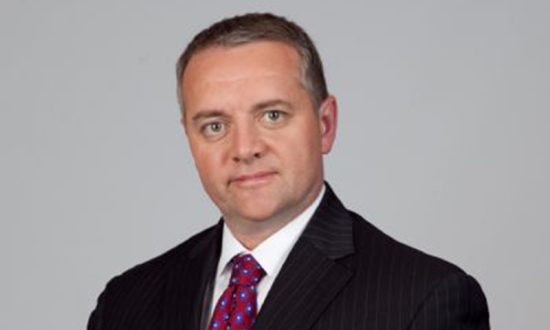Jeffrey Harris, currently a Doctorate of Business Administration candidate at Marymount University in Virginia, is the founder and Managing Partner of Harris Search Associates where he leads the firm’s Higher Education, Academic Medicine, and Healthcare Administration practices. Founded in 1997 and modeled after the first premier management-consulting firms, Harris Search Associates is a leading global executive search and board advisory consulting firm focused solely on the recruitment of senior leadership talent to support the growth of the foremost universities, academic medical centers, medical schools, research institutions, and healthcare enterprises driving global innovation and discovery. Based in Columbus, Ohio, and with regional offices in San Francisco and Dallas, the firm has successfully completed over 900 assignments.
The world’s great universities impact the contemporary intellectual, societal, and cultural landscape through their rich history of academic inquiry, pedagogy, research, and discovery. Beyond serving as the primary vehicle for training the future scholars, and scientists, and as engines of economic growth through workforce development, faculty-led research and creative activity also increasingly serve as an important measure of global institutional ranking and prestige. Each university is distinctive in terms of its mission and desired focus. As a result, the challenge of establishing and maturing a research, scholarly, and creative activity culture is as unique as the institution itself. As institutions contemplate efforts to reinvent their research culture, to be successful, we suggest the following considerations be included as part of their journey:
Institutional Leadership Vision and Communication is Critical
To begin or expand the journey, a culture of research requires both institutional as well as unit-based leaders to set clear research goals and communicate them effectively. The goals must be accompanied by a well-defined evaluation plan detailing what constitutes research success as well as any accompanying required changes in research facilities, start-up packages, dedicated time for faculty research, and compensation. Similarly, given the historical nature of academic freedom and shared governance, institutional leadership must seek guidance from the faculty community early and include them when considering adjusting faculty academic credentials, tenure, and promotion guidelines or when seeking changes to scholarly research and creative activity expectations outside of ongoing teaching responsibilities.
Investment in Faculty Support and Development Paramount for Development of Research Culture
The research literature also suggests that institutions aspiring to establish or enhance a research culture must commit to the allocation of resources for faculty training and support. Faculty with minimal research scholarship production experience will likely need significant training and support to become proficient in areas such as successful grant-making and research project management. For example, successful research active institutions are well regarded for their successful continuing education courses or support services for faculty in research practices, effective grant writing, and grant management.
Support for Interdisciplinary Collaboration and campus-wide Partnerships Key to Enduring Success
Next, to successfully develop an active research culture, campus leadership must commit to breaking down inherent institutional silos, instilling an environment of open and collaborative personal relationships among faculty members. Congenial relationships among faculty members can often facilitate internal support networks for successful faculty‐to‐faculty research mentoring initiatives, which help inculcate critical elements to sustain the research culture establishment. Establishing personal ties among faculty also increases the likelihood of fostering collaborative interdisciplinary research efforts, hallmarks of research culture success. Ultimately for success beyond the societal impact of discovery from faculty research, plans for an enhanced research culture should begin with consideration of whom research efforts will have the greatest impact and the epicenter of every institution – its students.
A final consideration. Establishing, developing, and maturing a research culture takes time. It may take many years to be fully realized and will require reinforcement, and a sustained institutional commitment from leadership. The societal impact of university research and education on a global scale cannot be understated. Benjamin Franklin may have summarized it best when suggesting, “An investment in knowledge pays the best interest.”




